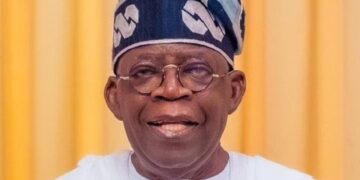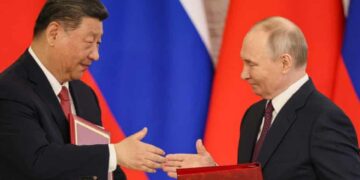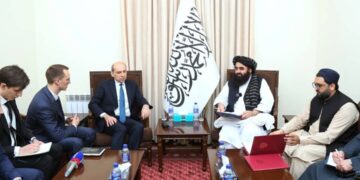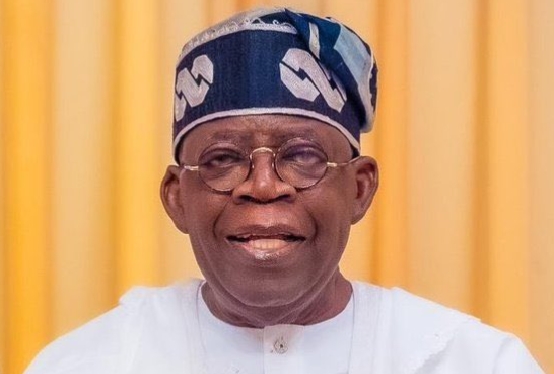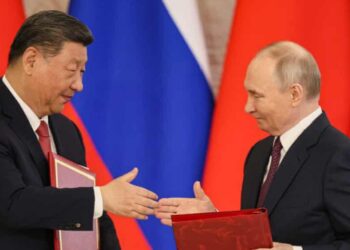By Enyichukwu Enemanna
The presidency of Africa’s most populous country has lauded its removal from the list of International Monetary Fund (IMF) debtor countries.
A presidential spokesman O’tega Ogra, said Nigeria’s clearance of IMF debt signals a “strategic reset” in the country’s financial management under President Bola Tinubu.
Nigeria’s exit was disclosed in the latest IMF report titled “Total IMF Credit Outstanding – Movement from May 01, 2025 to May 06, 2025”, published on the multilateral lender’s website on Wednesday.
According to the document, Nigeria is no longer listed among the 91 developing and least developed countries with outstanding credit obligations to the IMF, which collectively owed $117.8 billion as of May 6, 2025.
The total IMF Credit Outstanding across all countries stood at $117,793,823,224 as of May 7, 2025. This figure includes unpaid and outstanding principal from both current and expired arrangements with the IMF.
Nigeria’s debt repayment trajectory over the last two years indicates a consistent reduction in obligations to the IMF.
According to StatiSense, a data intelligence firm, Nigeria’s debt to the IMF stood at $1.61 billion as of July 28, 2023.
This figure dropped to $1.37 billion by January 5, 2024; further declined to $933.03 million by July 10, 2024; and eventually reached $472.06 million by January 8, 2025. By May 2025, Nigeria had fully repaid its debt to the Fund, making it debt free.
“As Nigeria closes the chapter on these legacy debt obligations, we are better placed to strengthen our fiscal credibility and show the world—and ourselves—that Nigeria is serious about managing our economy with responsibility and vision,” the Senior Special Assistant to the President on Digital Engagement, Strategy, and New Media said in a social media post.
Analysts have lauded the development, saying Nigeria’s clearance of IMF debt marks a significant milestone in its economic reform programme.
They believe it improves the country’s fiscal credibility in global financial markets and signals a shift in economic policy direction—moving from aid dependence to economic self-reliance.
